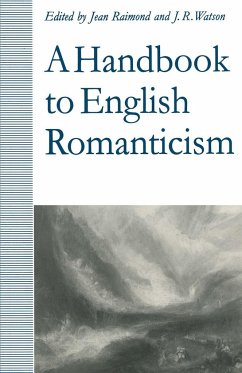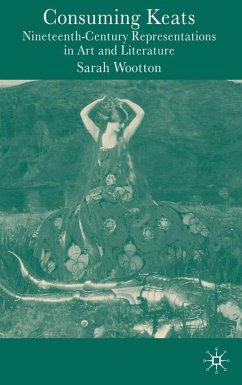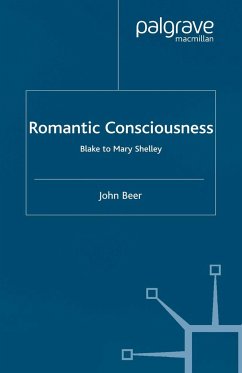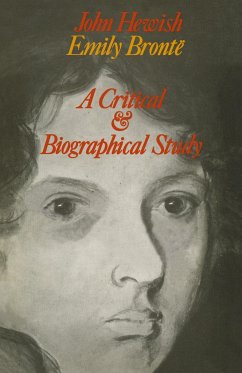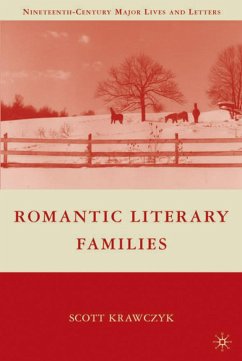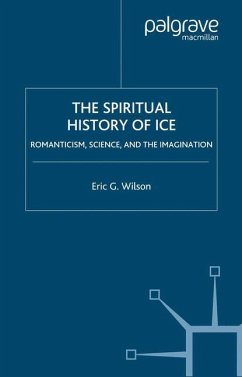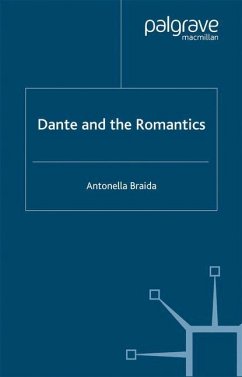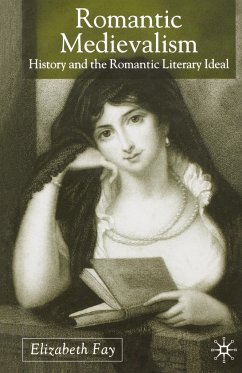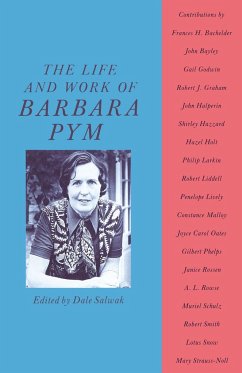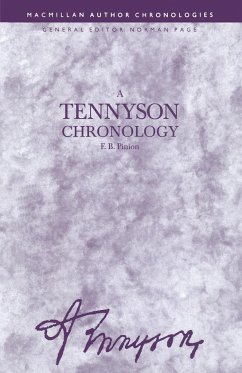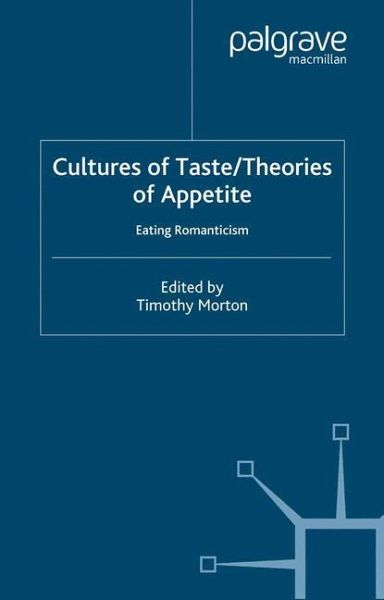
Cultures of Taste/Theories of Appetite: Eating Romanticism
Versandkostenfrei!
Versandfertig in 6-10 Tagen
38,99 €
inkl. MwSt.

PAYBACK Punkte
19 °P sammeln!
"Cultures of Taste/Theories of Appetite is a volume of interdisciplinary essays that brings together a wide range of scholarship in diet studies, a growing field that investigates connections between food, drink and culture, including literature, philosophy and history.
Cultures of Taste/Theories of Appetite brings two major critical impulses within the field of Romanticism to bear upon an important and growing field of research: appetite and its related discourses of taste and consumption. As consumption, in all its metaphorical variety, comes to displace the body as a theoritical site for challenging the distinction between inside and outside, food itself has attracted attention as a device to interrogate the rhetoric and politics of Romanticism. In brief, the volume initiates a dialogue between the cultural politics of food and eating, and the philosophical implications of ingestion, digestion and excretion.





